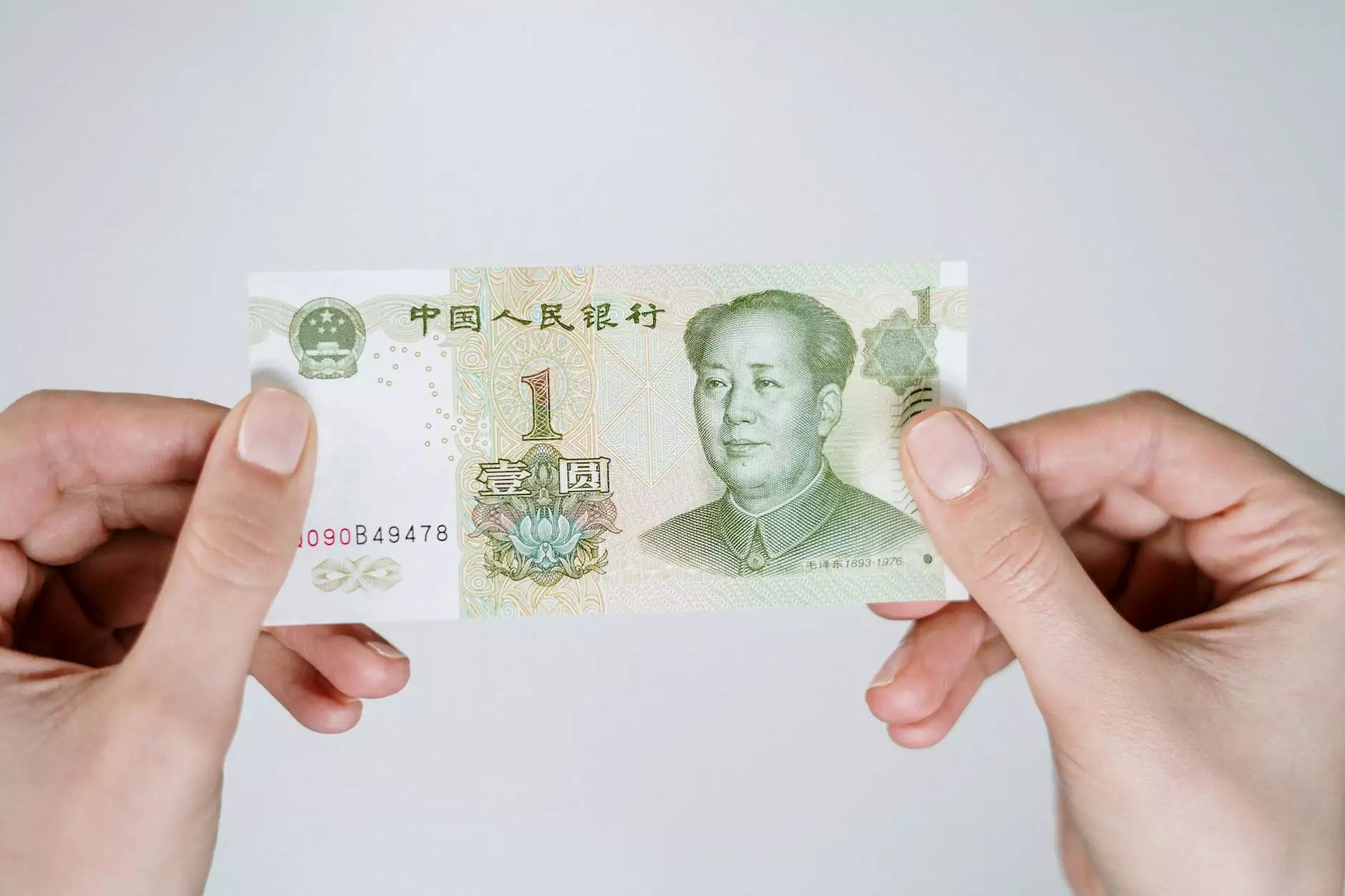The Essential Guide to ADHD Medications: Understanding Pills for ADHD

Attention Deficit Hyperactivity Disorder (ADHD) is a neurodevelopmental disorder affecting millions of children and adults worldwide. Managing ADHD effectively often requires a comprehensive approach that includes behavioral therapies, lifestyle changes, and, for many, medications. In this guide, we will delve deep into the world of pills for ADHD, covering various medications, their mechanisms, and important considerations for patients and caregivers.
What is ADHD?
ADHD is characterized by symptoms such as inattention, hyperactivity, and impulsivity. These symptoms can have a substantial impact on daily life, affecting academic performance, relationships, and overall well-being. Understanding ADHD is crucial to determining the most effective treatment options, including the use of pills for ADHD.
Types of Medications for ADHD
When it comes to treating ADHD, two main categories of medications are commonly prescribed:
- Stimulant Medications
- Non-Stimulant Medications
Stimulant Medications
Stimulant medications are the most widely used drugs for treating ADHD. They work by increasing the levels of certain neurotransmitters in the brain, which can help improve concentration and focus. The most common stimulant medications include:
- Methylphenidate (e.g., Ritalin, Concerta)
- Amphetamines (e.g., Adderall, Dexedrine, Vyvanse)
How Stimulants Work
Stimulants increase the availability of neurotransmitters like dopamine and norepinephrine. These chemicals play essential roles in focus, attention, and impulse control. By enhancing these neurotransmitter levels, stimulants can help individuals with ADHD perform better in various aspects of life.
Non-Stimulant Medications
For some individuals, stimulant medications may not be appropriate due to side effects or potential for abuse. In such cases, non-stimulant medications may be prescribed. Some commonly used non-stimulant ADHD medications include:
- Atomoxetine (Strattera)
- Guanfacine (Intuniv)
- Clonidine (Kapvay)
Benefits of Non-Stimulants
Non-stimulants can be effective for managing ADHD symptoms, particularly in individuals who may have anxiety disorders or those who have experienced adverse effects from stimulants. Non-stimulant medications usually take longer to work, but they can offer a more stable effect throughout the day.
Factors to Consider When Choosing ADHD Medications
Choosing the right medication for ADHD can be a complex process. Here are several factors to consider:
- Age: The type of medication and dosage may vary depending on the age of the patient.
- Medical History: Consider any pre-existing health conditions and any medications currently being taken.
- Side Effects: Discuss potential side effects with a healthcare provider to determine the best fit.
- Personal Response: Individuals may respond differently to the same medication, which can impact treatment choices.
Common Side Effects of ADHD Medications
While medications for ADHD can be highly effective, they may also come with potential side effects. Here’s what to be aware of:
Stimulant Side Effects
Some common side effects associated with stimulant medications include:
- Insomnia
- Decreased Appetite
- Increased Anxiety
- Headaches
- Stomachaches
Non-Stimulant Side Effects
Non-stimulant medications may also cause side effects, including:
- Tiredness or Fatigue
- Nausea
- Dry Mouth
- Low Blood Pressure
- Possible Liver Damage (with Atomoxetine)
Integrating Medication with Other Therapies
While medications can significantly enhance ADHD management, they are most effective when combined with other therapeutic approaches. These may include:
- Behavioral Therapy: This approach helps individuals develop practical strategies for dealing with ADHD symptoms.
- Parent Training: Involving parents in treatment can improve outcomes for children with ADHD.
- Educational Interventions: Tailored educational plans can support learning needs and improve school performance.
- Diet and Exercise: Maintaining a healthy lifestyle can complement medication and therapy.
How to Discuss ADHD Treatment with Your Doctor
Effective communication with your healthcare provider is essential in managing ADHD. Consider the following tips when preparing for your appointment:
- Be Prepared: Write down any concerns, symptoms, and questions you have regarding medication.
- Be Honest: Share all relevant medical history and existing medications to ensure safe treatment options.
- Ask About Alternatives: Inquire about different medications and therapies beyond the initial prescription.
- Discuss Side Effects: Understand potential side effects and what to do if they occur.
Conclusion
Managing ADHD can be challenging, but with the right combination of medications, therapy, and lifestyle adjustments, individuals can lead fulfilling lives. If you or a loved one is navigating the complexities of ADHD treatment, understanding options, including different types of pills for ADHD, is crucial in finding the most effective management strategy.
Remember, always consult with a healthcare professional before starting or changing any medication regimen. Their guidance is invaluable in achieving optimal outcomes for ADHD management.
pills adhd








